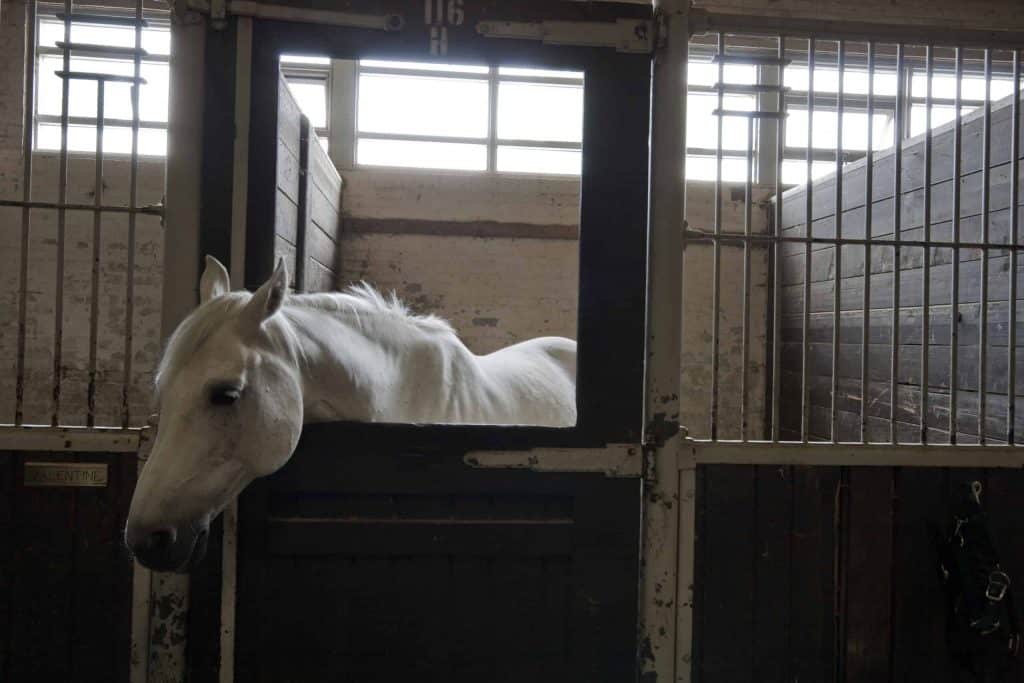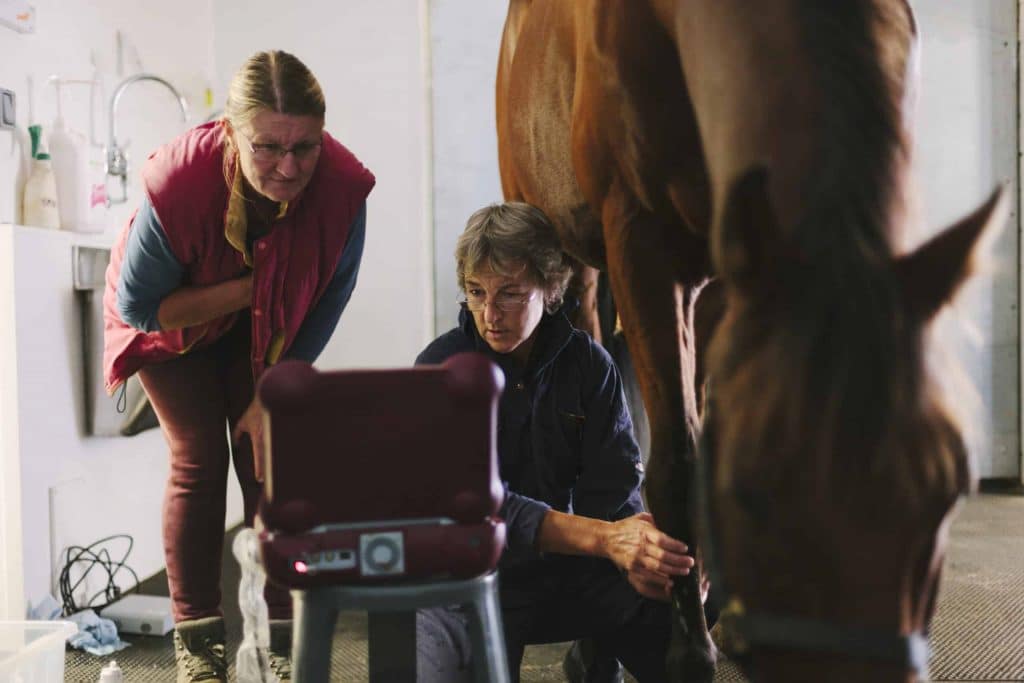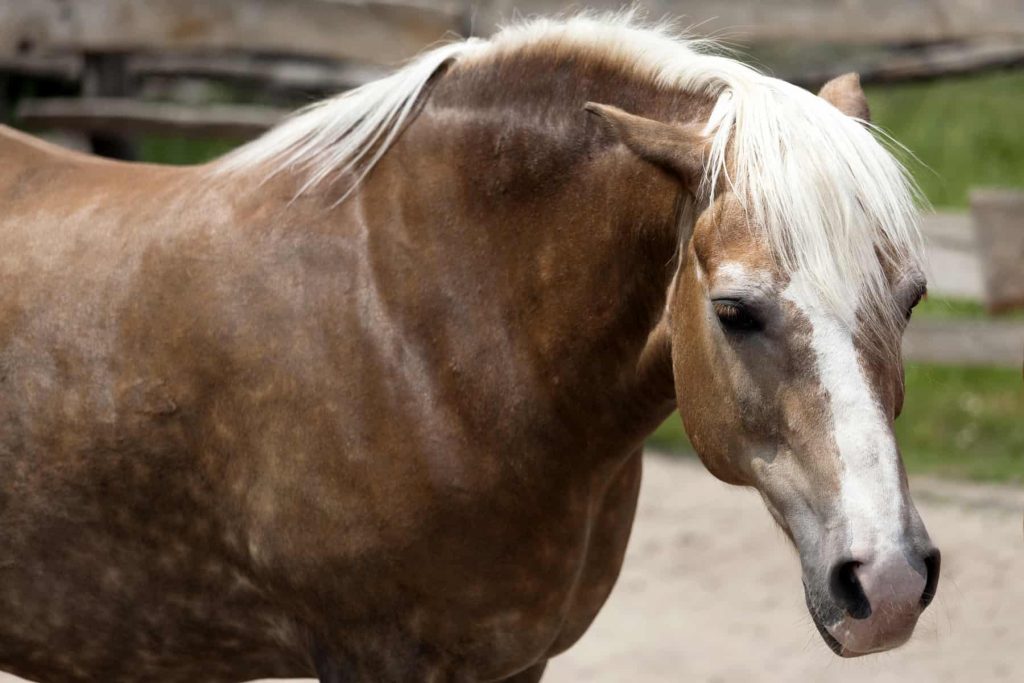
The Scoop on Loose Poop: Equine Diarrhea
Diarrhea in adult horses can be life-threatening, so it is important for horse owners to know when to call their veterinarian and when to wait.
How to care for the basic health needs of horses

Diarrhea in adult horses can be life-threatening, so it is important for horse owners to know when to call their veterinarian and when to wait.

One veterinarian offers advice for building client relationships and dealing with difficult situations in equine practice.

Equine pastern dermatitis is a potentially painful condition that can spread between horses if not treated properly.

Meet 3 horses successfully rehabilitated after being malnourished, and learn about the efforts made to save them from neglect.

Boots and wraps might help prevent scratches, but only when used properly and with other management techniques.

Look for educational information about scratches in horses on TheHorse.com.

My horse is turned out to pasture for at least part of each day. Every winter he gets scratches. Is there anything I can do nutritionally that might help prevent this?

Heat, humidity, and race distance significantly increase the risk of exertional heat illness in Thoroughbred racehorses on British tracks.

Determining a horse’s cause of neck pain can help ensure he receives the correct treatment.

It is important for veterinarians and horse owners to understand the medication rules at high-level competitions when managing pain in equine athletes.

Allergy tests can help veterinarians identify possible allergens for inclusion in a horse’s immunotherapy program.

Establishing a standard glucose testing method worldwide could generate more accurate results, leading to better care and welfare of horses with PPID, or equine Cushing’s disease.

Insulin dysregulation can coincide with high ACTH concentrations in the fall, even when an animal does not have PPID.

Learn about the differences, and a few key similarities, between these two endocrine diseases.

The best diagnostic imaging tool for the cervical spine is MRI, rather than widely used radiographs.

Understanding the equine gut microbiome can help you create and support healthy microbial populations in your horse’s digestive system.
Stay on top of the most recent Horse Health news with
Notifications